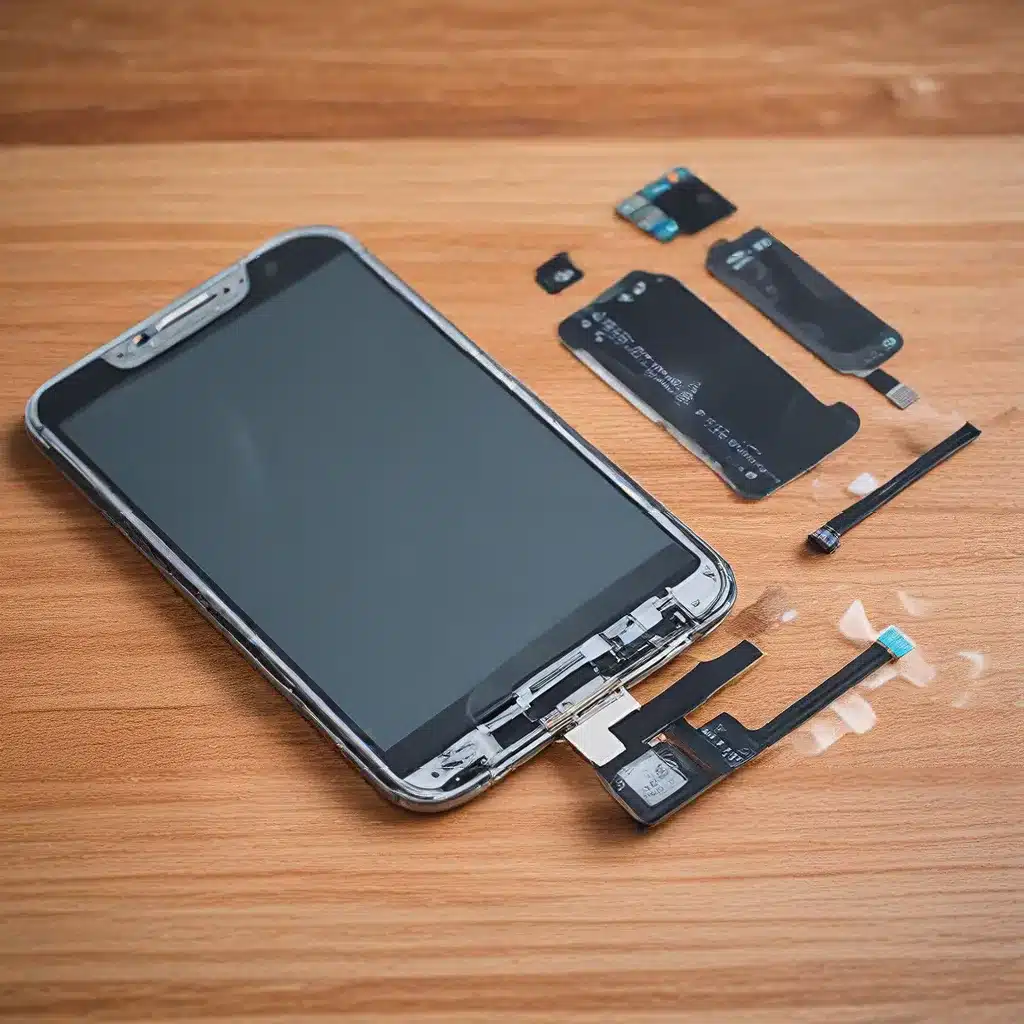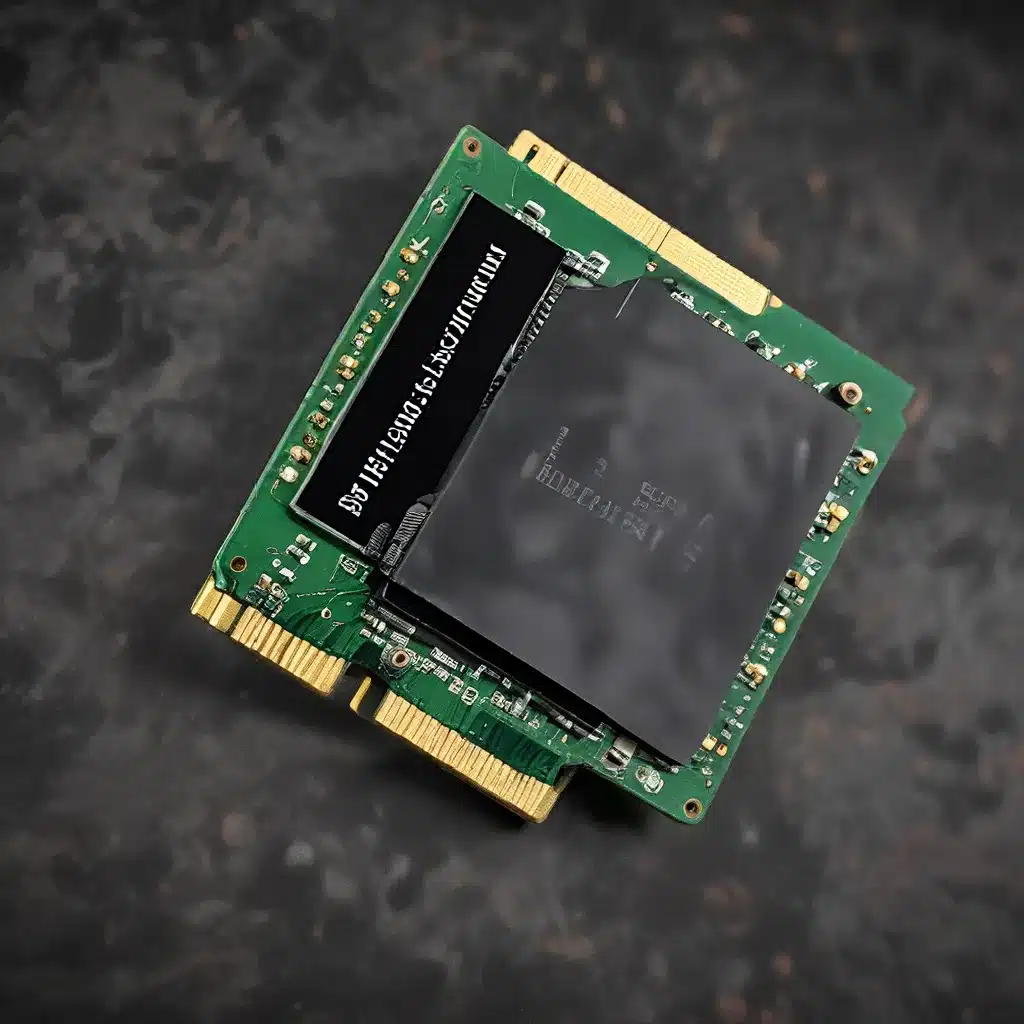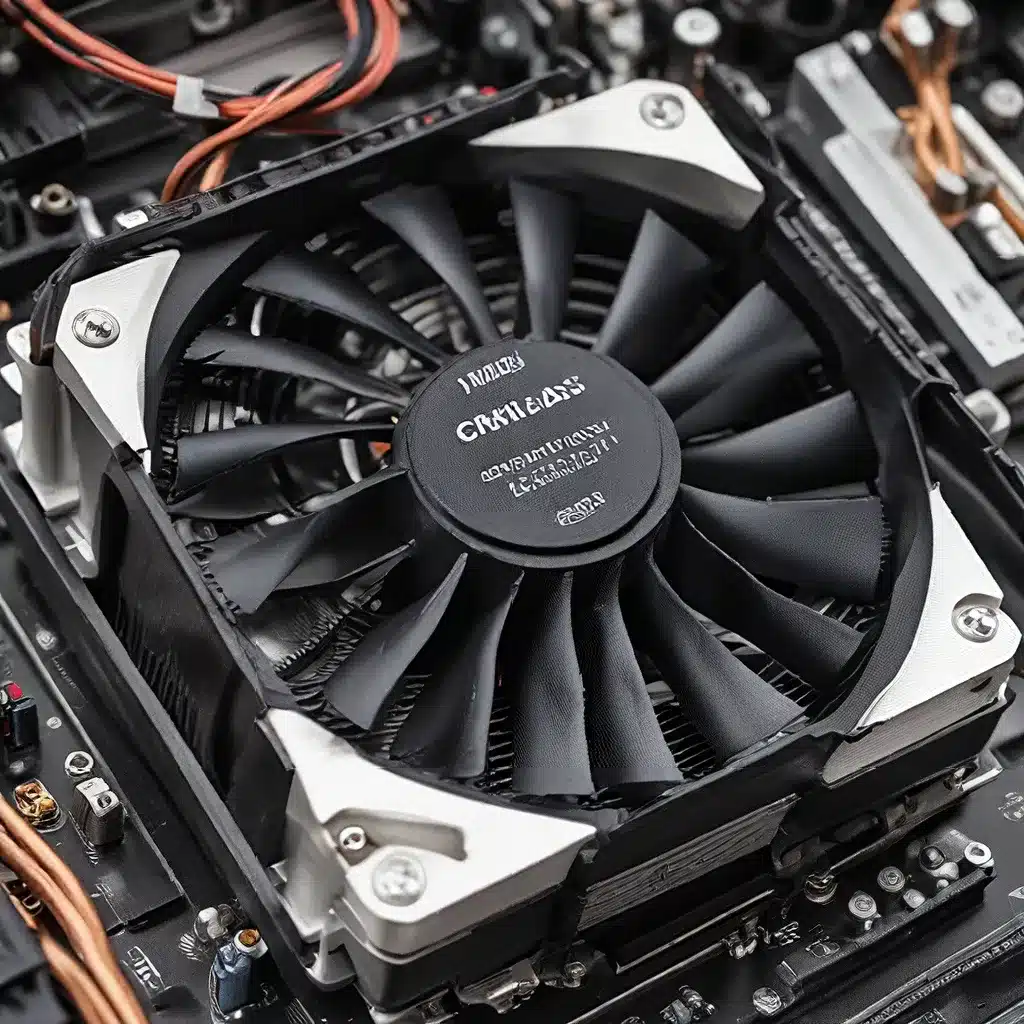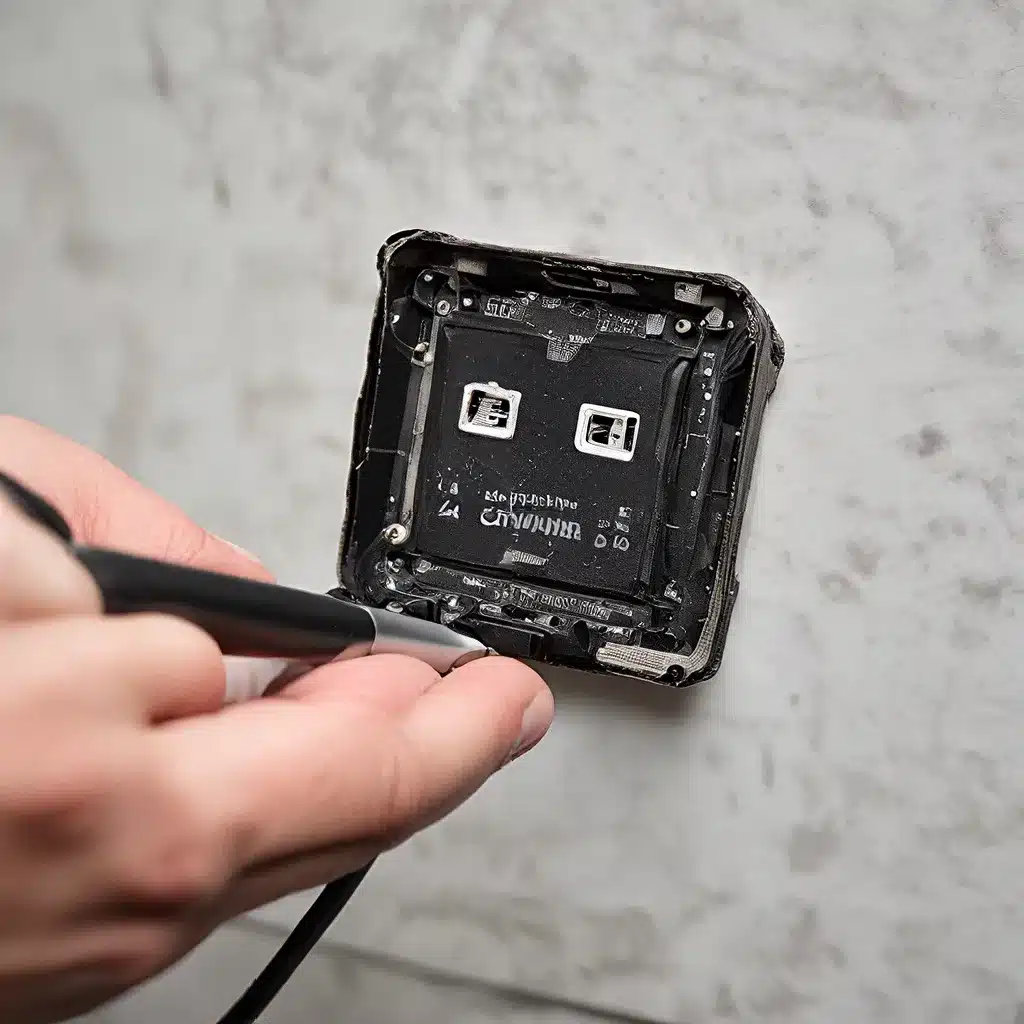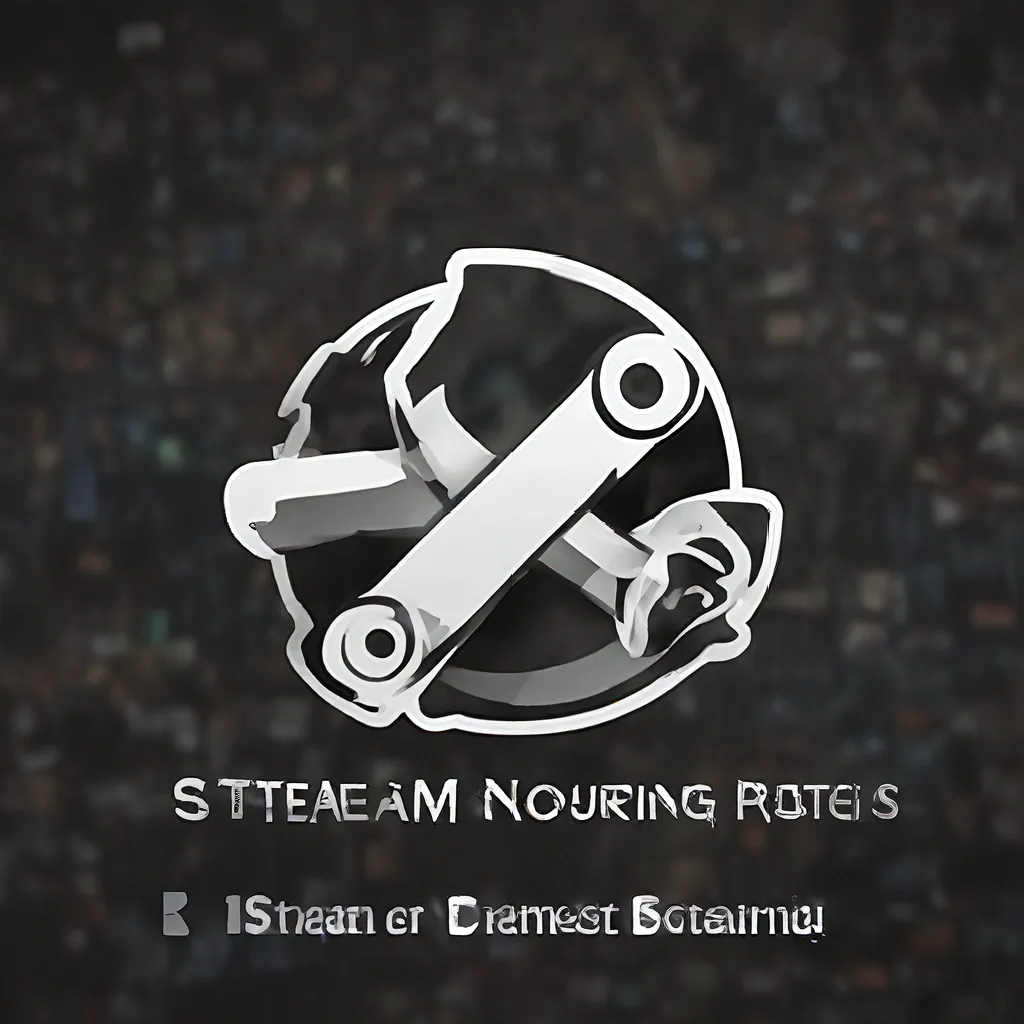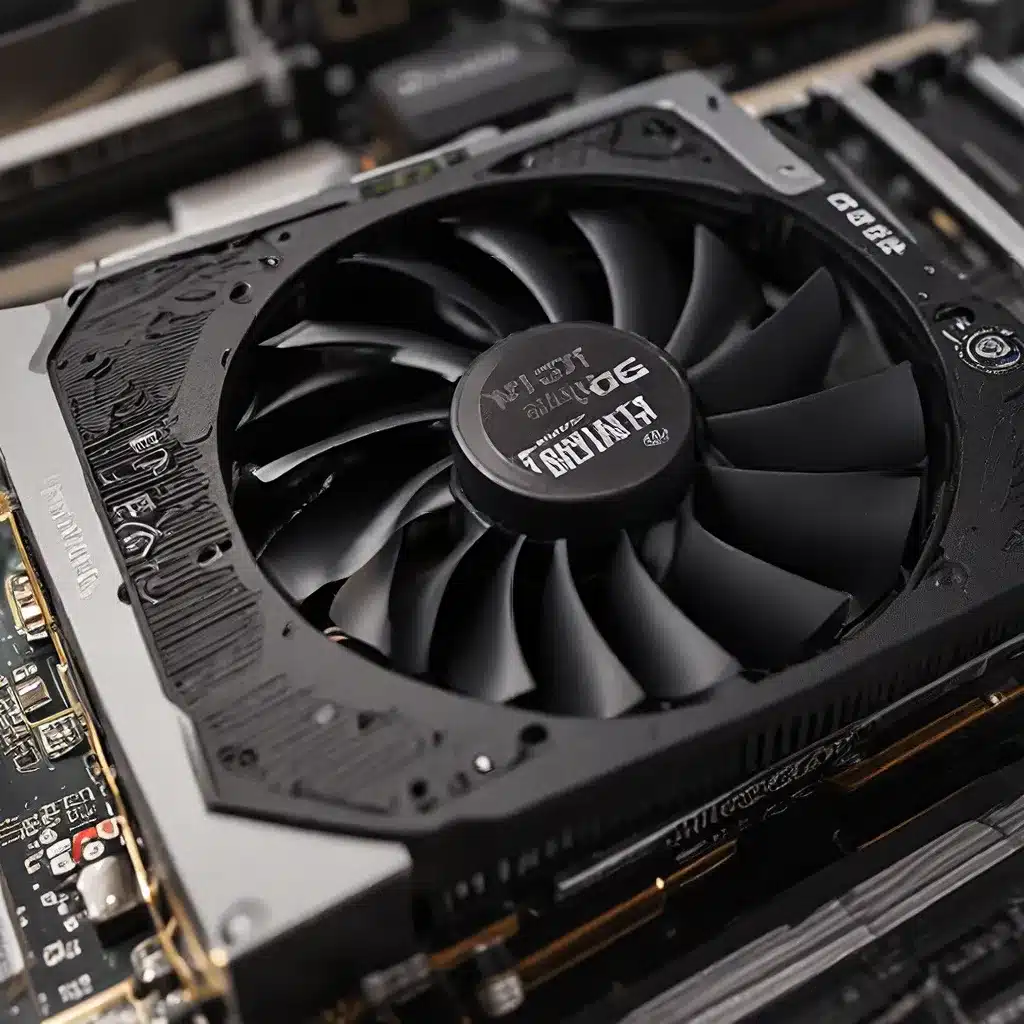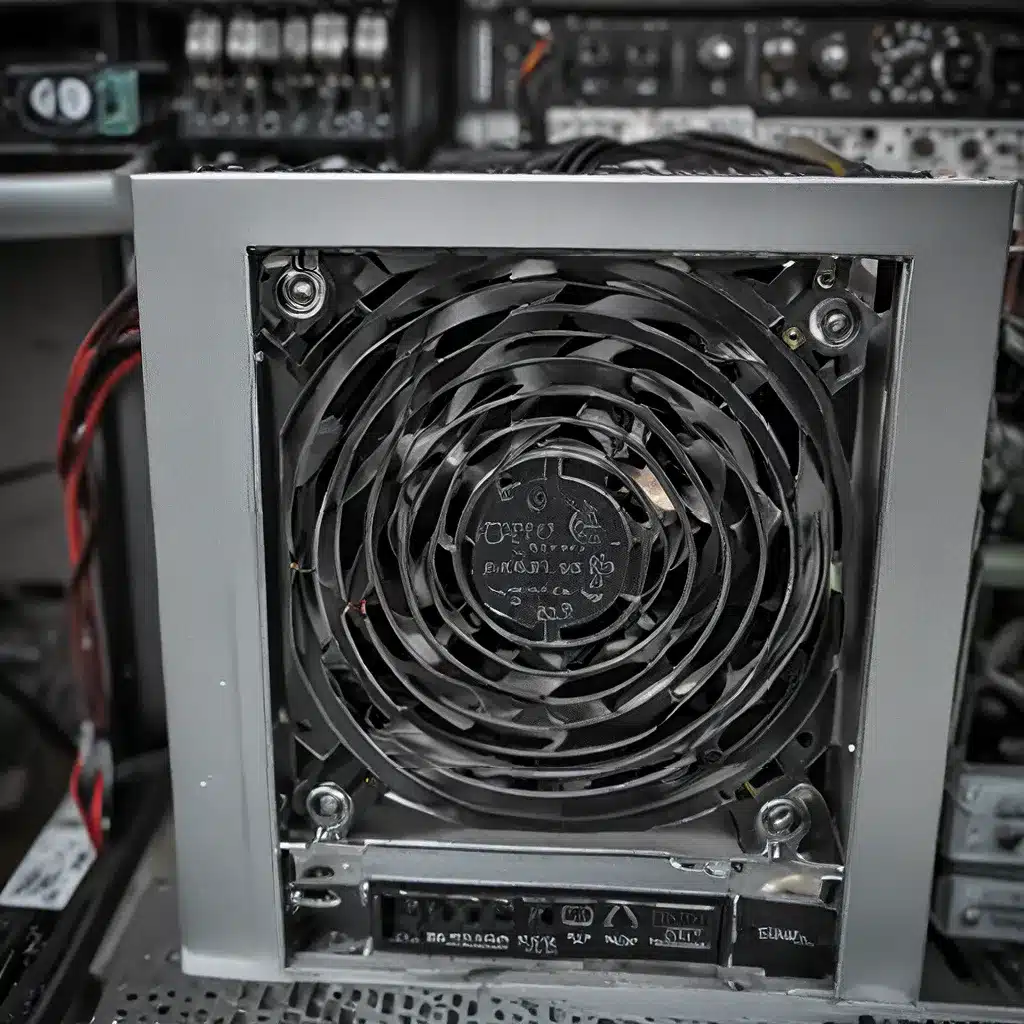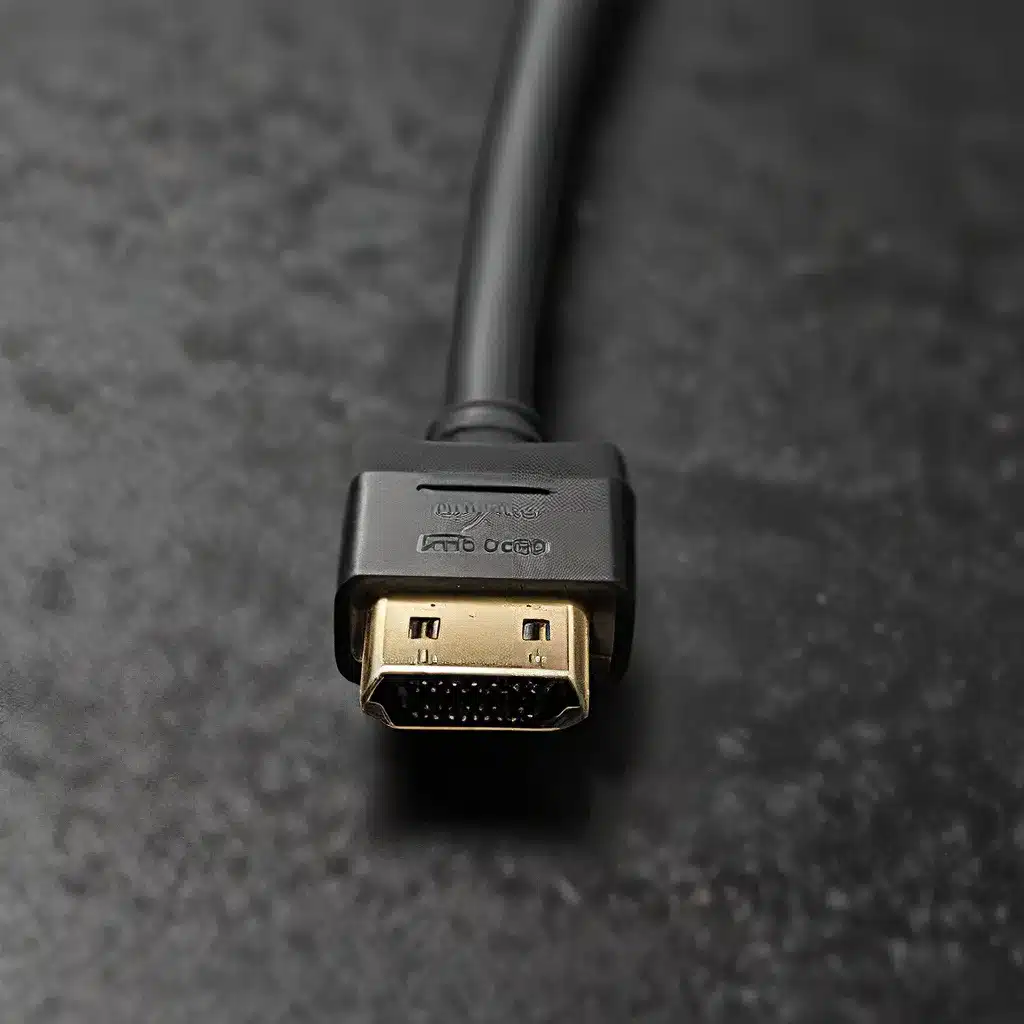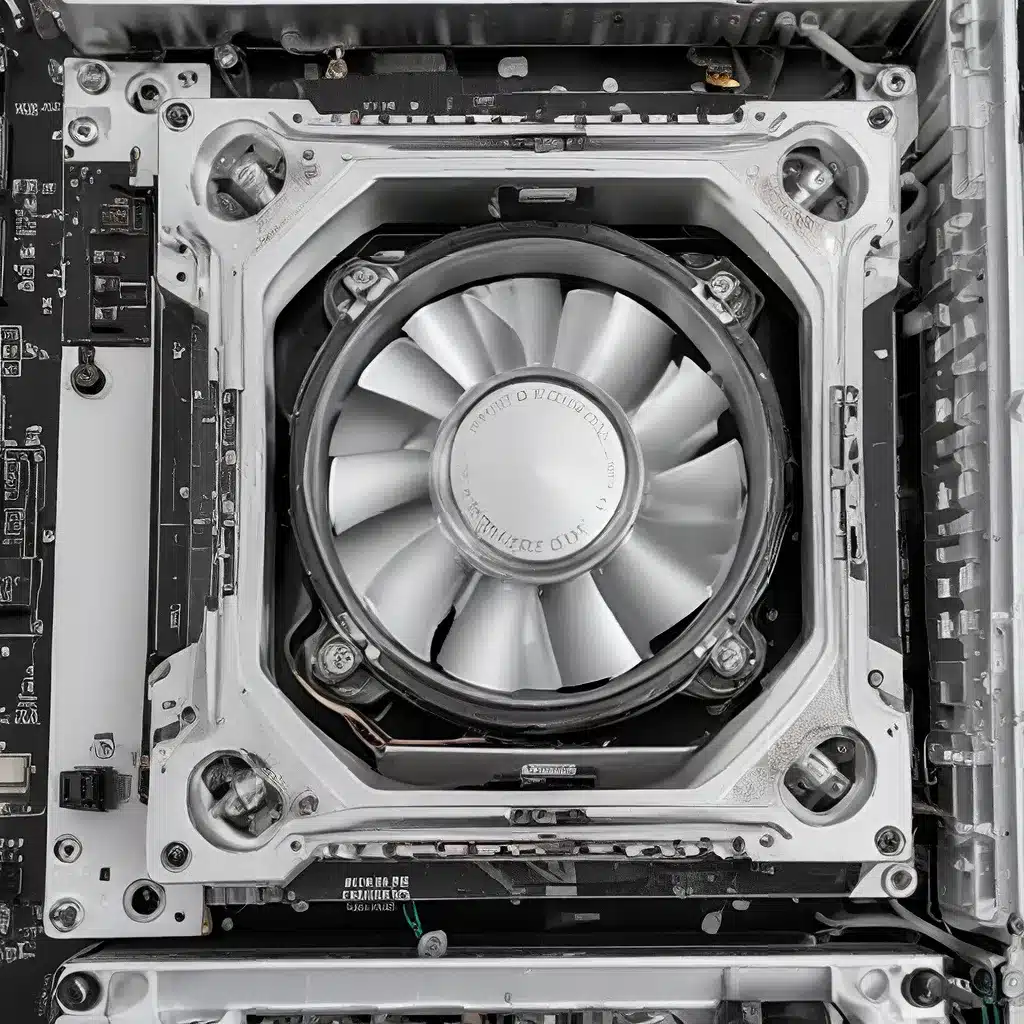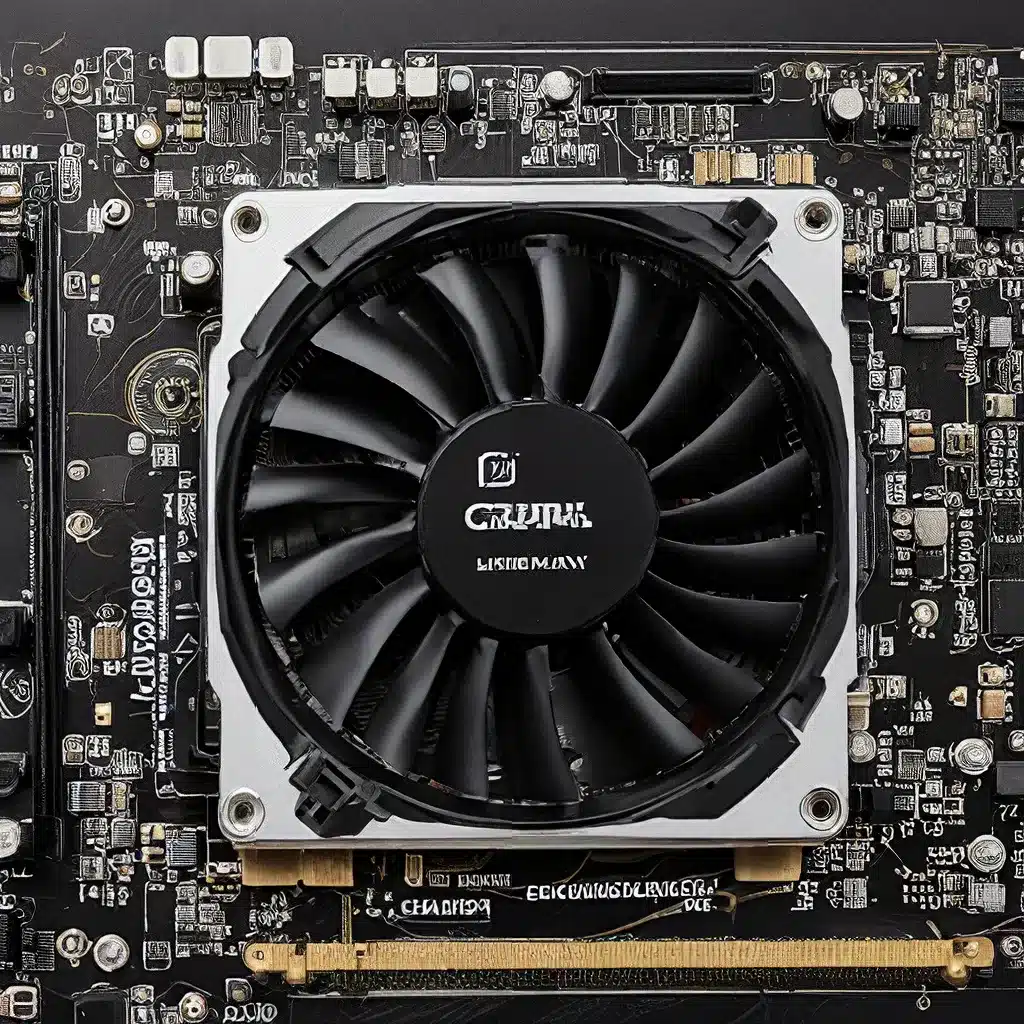The Laptop Dilemma: From Snappy to Sluggish
Have you ever found yourself staring at your once lightning-fast laptop, now reduced to a crawling pace, wondering what happened? It’s a tale as old as technology itself – the inevitable decline of our beloved devices, transforming them from zippy productivity companions to maddening time-wasters. But fear not, my friend, for I’m here to share a secret that could breathe new life into your sluggish device.
Not long ago, I found myself in a similar predicament. My trusty 10-year-old MacBook Pro had become so painfully slow that I was ready to relegate it to the tech graveyard. The very thought of parting ways with an old friend filled me with dread. But then, a stroke of genius struck: “What if I tried installing Linux on this thing?”
As I would later learn from a Reddit post, Linux can work wonders on reviving old computers, whether they’re PCs or Macs. So, with a deep breath and a leap of faith, I took the plunge and transformed my aging MacBook into a lean, mean, Linux-powered machine. And let me tell you, the results were nothing short of astounding.
The Linux Advantage: Bringing Aging Devices Back to Life
You see, the beauty of Linux lies in its ability to extract every ounce of performance from even the most modest hardware. Unlike the resource-hungry behemoths of the Windows and macOS worlds, Linux distributions are designed to be lightweight and efficient, breathing new life into devices that would otherwise be relegated to the technology graveyard.
I’ll never forget the moment I booted up my newly revitalized MacBook, its once-sluggish interface now snapping and responsive. Tasks that had previously felt like a slog – web browsing, document editing, even light video editing – were now a breeze. It was as if I had discovered the fountain of youth for my aging laptop.
But the benefits of Linux extend far beyond mere performance. As I learned from a Reddit discussion, Linux also offers a level of customization and control that’s simply unmatched by its proprietary counterparts. With a vast array of desktop environments and applications tailored to your specific needs, you can truly make your old laptop your own.
Breathe New Life into Your Sluggish Device
Now, I know what you’re thinking: “But what about the software I’m used to? Won’t I have to say goodbye to all my favorite programs?” Fear not, my friend. While it’s true that the software ecosystem on Linux may differ from what you’re accustomed to, there are often open-source alternatives or even ways to run your beloved Windows or macOS applications on your Linux-powered device.
Take, for example, the case of my Acer Aspire E1-522 laptop. As I discovered on the Acer community forums, the process of upgrading the hardware and migrating to a Linux distribution was a bit of a challenge, but the end result was more than worth it. My friend’s once-sluggish Aspire was now a lean, mean, Linux-powered machine, capable of handling everyday tasks with ease.
So, if you’re staring at your own lethargic laptop, wondering if it’s time to throw in the towel, I encourage you to consider the Linux alternative. With a little bit of tinkering and a willingness to explore new possibilities, you just might be able to breathe new life into your sluggish device and reclaim the productivity and performance you once knew and loved.
The Future of Edge Computing: Empowering Intelligent Connectivity
But the benefits of reviving your old laptop don’t stop there. In today’s digital landscape, the demand for real-time intelligent connectivity has skyrocketed. From autonomous vehicles to smart cities, industries are increasingly relying on seamless data processing and instantaneous decision-making. However, traditional cloud computing architectures, which involve transmitting data over long distances, often fall short in meeting these stringent requirements.
Enter mobile edge computing (MEC), a revolutionary approach that promises to reshape the future of intelligent connectivity. As I learned from the Acer community discussion, MEC brings computation and data storage closer to the devices that need it, reducing latency and improving responsiveness.
Imagine a world where your revitalized Linux-powered laptop could play a crucial role in this edge computing revolution. By leveraging its newfound lease on life, your device could become a powerful node in a distributed network, processing data and making decisions in real-time, without the need to rely on distant cloud servers. The possibilities are truly endless, and the impact on a wide range of industries could be transformative.
Empowering Your Technological Future
So, what are you waiting for? It’s time to dust off that old laptop, give it a new lease on life, and embark on a journey of technological rejuvenation. Whether you’re a tech-savvy individual or someone who’s just looking to breathe new life into a sluggish device, the path to a faster, more responsive laptop is well within your reach.
And who knows? Your revitalized Linux-powered machine might just become the key to unlocking the future of intelligent connectivity, right from the comfort of your own home. So, what are you waiting for? Head over to https://itfix.org.uk and start your journey towards a faster, more responsive computing experience today.


